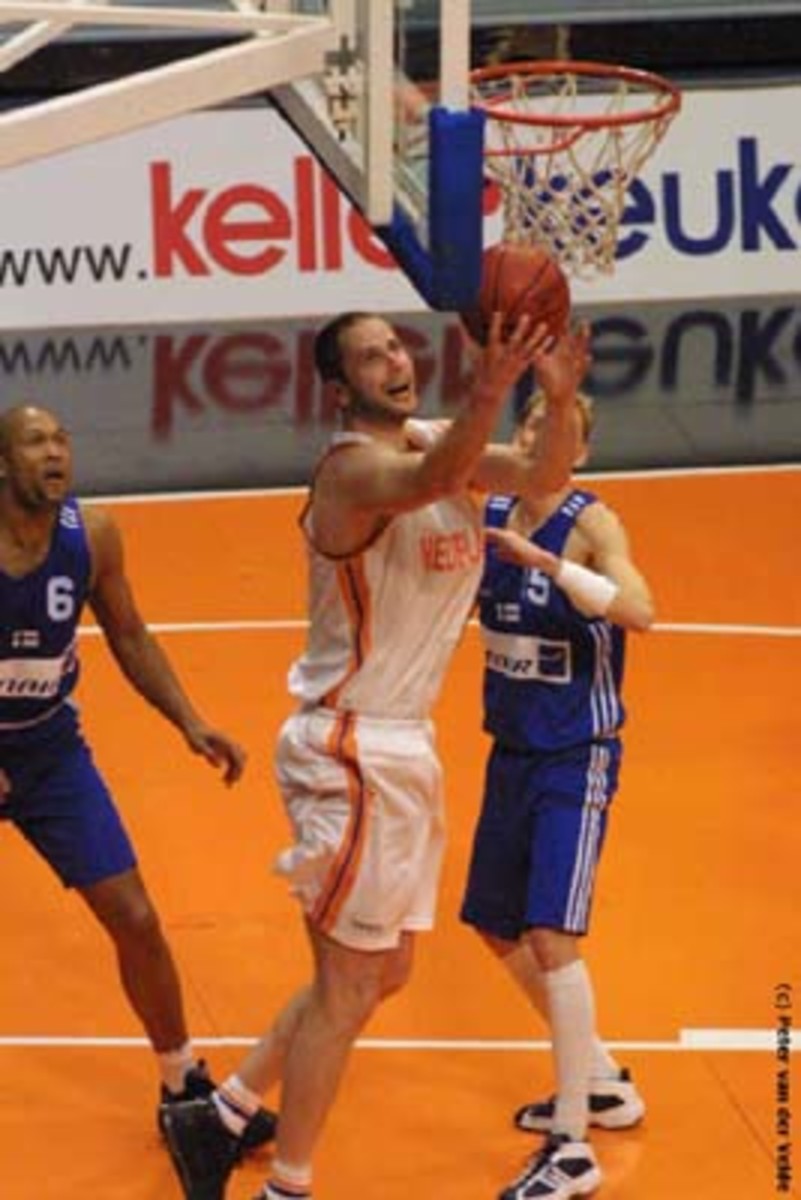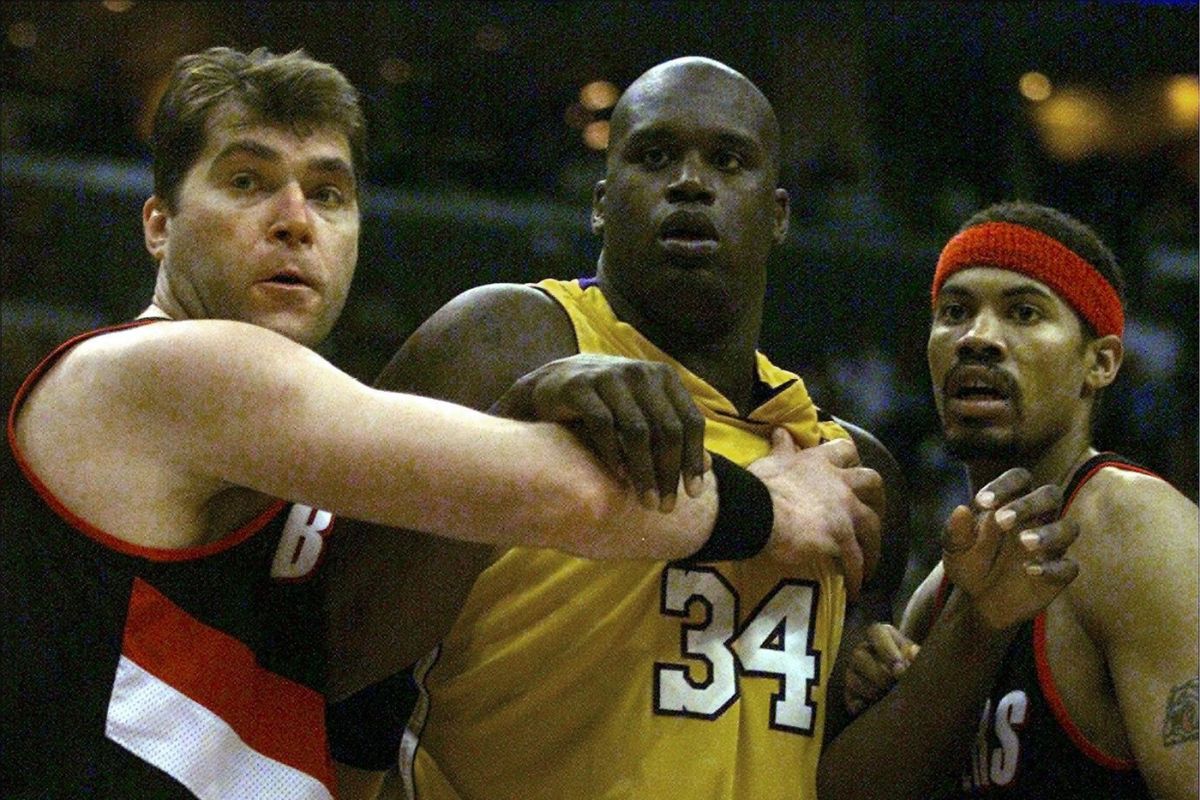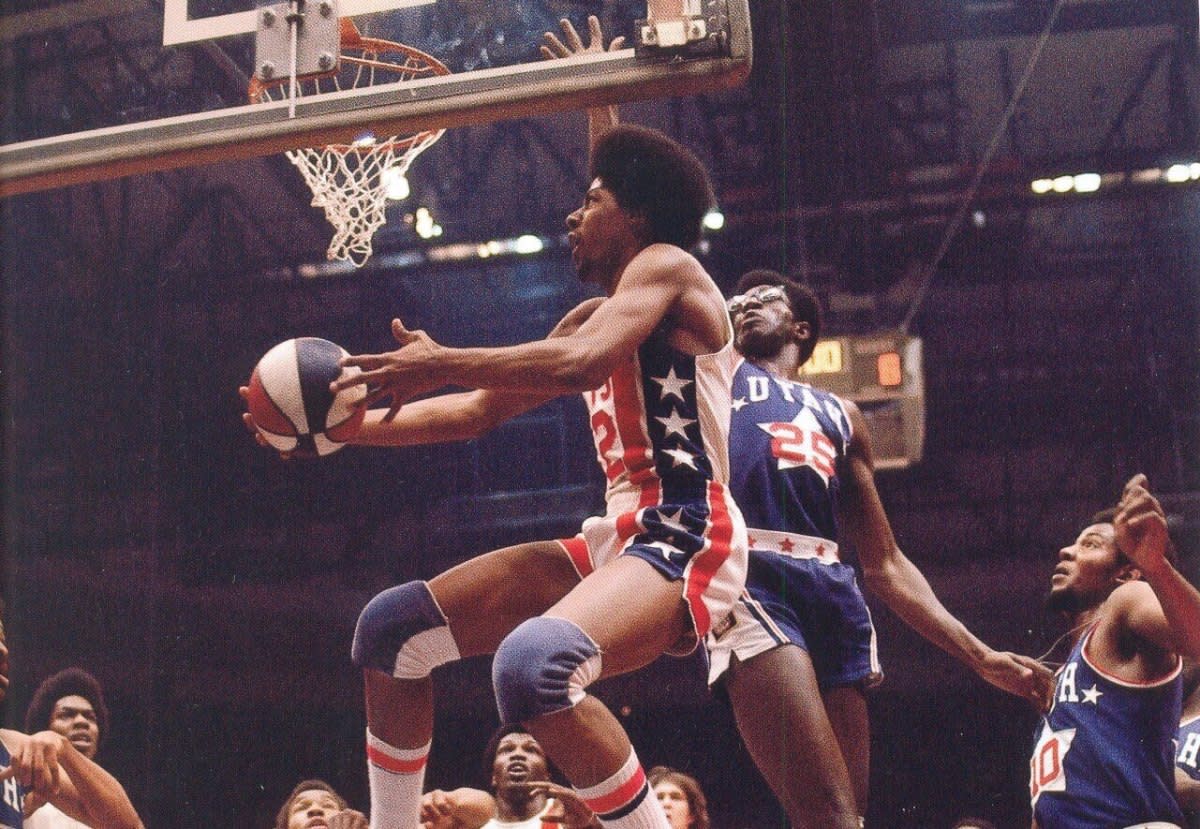- HubPages»
- Sports and Recreation»
- Team Sports»
- Basketball
One and Done Must Go: What Pro Basketball Has To Do
March has always been the time of year when my interest in basketball peaks.
Being that college basketball's NCAA tournament - "March Madness" - is held during that month, I'm positive that countless fans across this country share my sentiment.
With 64 games being played over three weekends with a one-loss-and-you're-out-format, teams from small colleges where none of the players having a ghost of a chance at going pro beating longtime powerhouses full of NBA-bound studs with last second buzzer beaters, and the Final Four rivaling the BCS championship game and the Super Bowl in popularity, this is hoops at its best.
Not to mention the millions of dollars spent on bracket pools, office workers making their guesses as to who will be the team cutting down the nets; that's become as much a part of spring as the weather getting warmer and the leaves budding on the trees.
However, there's something I must 'fess up about....
I'm not as excited about Dr. James Naismith's college version of this game or March Madness as I used to be, and not just because my alma mater had a bad season, either.
The fact that basketball seems to be full of tattooed divas and thugs with huge entourages who only care about being "the man" and get royally insulted when offered a contract worth only $75 million instead of $175 million at the professional level, and guys on college teams who don't want to be there and are eagerly waiting for the day when they can hire an agent and announce their entry into the NBA's draft the second their freshman season ends, has turned me off on this sport for a while now.
The National Basketball Association has been the main culprit in this attutude that I have about hoops, namely in the area of their policy that requires high school players to wait one year after graduation before they can apply for the draft.
This rule was passed a few years ago to stem the tsunami of 18-year-olds blowing off college to join the league, the reasoning being that playing in college for a year would be good preparation for the rigors of the NBA.
Although the intentions were good, this eligibility policy has immensely hurt college basketball; it has reached the point where teams with a standout freshman are almost guaranteed that such freshman will be NBA-bound as soon as the season is done.
This has devastated teams such as UCLA, who's seen two top notch first-year players bolt in the past three years, where in generations past they would have stayed in school and made more significant contributions to the program.
The young men who have embraced this "one and done" approach have convinced me that they were never interested in a college education, that they were only at places like Duke, Kansas and Louisville to do their time before hopefully becoming Pistons, Knicks or Lakers.
Indeed, just as sure as I'm sitting here writing this John Wall, Kentucky's all-galaxy freshmen sensation, will be in an NBA uniform eight months from now (the New Jersey Nets, perhaps?); those who think otherwise are doing nothing but fooling themselves.
But I digress - there is a way that the NBA can help their college counterparts regain some integrity and have it truly become a student-athlete endeavor once and for all:
Do away with the one-year eligibility rule.
I remember reading a book while a student called College: A User's Manual, in which Scott Edelstein, a longtime professor, gives the lowdown on how to navigate undergraduate life. I particularly recall the book's first two sentences:
College is not for everybody. Nor does everybody need it.
Those ten words are obviously true for those "Diaper Dandies", as ESPN commentator extraordinaire Dick Vitale calls them, who make like the wind with an agent in tow the moment the clock hits three zeroes at their last game.
Rather than forcing them to stay at a place where they really don't want to be, wasting their time sitting in a classroom, pro basketball should adopt a policy that mirrors what baseball has.
Under the rules of Major League Baseball, all seniors in high school are eligible for MLB's amateur draft while still able to sign college leters of intent, which they usually do after their 11th grade year. If a big league team drafts them, the player can sign with that organization and forgo college - provided that the money is right.
If the players decides to attend a four-year school, however, once he steps into his first class he must stay in college for three years. He is ineligible for the major league draft until after his junior season, when his name is automatically put into a pool and is eligible to be chosen by the Cardinals, the Dodgers, or any of the other 28 clubs.
For those whose grades and standardized test scores fall short of admission standards and forced to attend a community college, they are eligible for the draft after one season; I would make it two seasons for the NBA though, lest players go to two-year schools on purpose so they can be "one and done". If not chosen, they can transfer to a four-year university and be eligible again after a year.
This system works well, because those young players who have no interest in higher eduation can sign with a professional franchise, while college coaches can keep their recruits for a while and not worry about them bailing out the first time they hit .510 with 30 homers.
If the NBA puts in a policy like this, where players can be drafted out of high school while those who fail to hook up with a team and choose college are obligated to stay for three full seasons, it would be good for everyone involved.
it would be good for the young men entering the pro ranks at 18 because they'd be exercising their right to earn a (very lucrative) living.
it would be good for college hoops not only because coaches would have their prize recruits for more that a single year, but also because programs would have guys who want to be in school and get a free - and very valuable - college education.
And it would considerably widen the college pool, due to the fact that since the NBA's 30 clubs have only two rounds in their June draft, only sixty young prospects would get a chance at those multi-millions, out of over 500,000.
Unless they opt for Europe like the Milwaukee Bucks' Brandon Jennings did, that leaves them with little choice but to go to school. And being that those European leagues are rough, playing over there is likely not the best option.
So to sum up, the NBA's one-year-for-eligibility policy has reduced the college game to being a farce of sorts. If Commissioner David Stern dumped that rule for a new system like baseball's, it would make the college hardwood that much better.
Hopefully I can see that become a reality one day.



